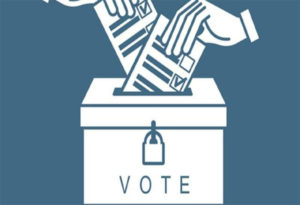Singapore will hold general elections one month from now after its head administrator selected to proceed with a vote that resistance groups and rights bunches have censured as pioneering and risky as a result of the coronavirus pandemic. The following general election could have been held as late as April 2021. In any case, Prime Minister Lee Hsien Loong said on Tuesday it was not satisfactory when the pandemic would end and his administration required a new order to direct Singapore through the social and monetary difficulties it presented. Lee said the infection circumstance in the city-state, which has recorded a portion of Asia’s most elevated contamination rates, fuelled by flare-ups in transient laborers’ quarters, had settled and he was fulfilled an election could be held securely.
Specialists have laid out wellbeing estimates, for example, temperature screening and social separating at surveying stations, elastic gloves for taking care of polling form papers, and explicit democratic occasions for seniors. Rules for wiped out or isolated voters still cannot seem to be concluded, however Singapore has said it will not permit mail-in polling forms.

Singapore will not permit physical assemblies as it presently restricts open social occasions to five individuals. Lee’s People’s Action Party, which has won each election since Singapore’s autonomy in 1965 and has never observed its vote share dip under 60%, is relied upon to win serenely. The primary resistance Workers’ Party is probably going to represent the stiffest test, however holds just six of parliament’s 89 chosen seats.
Abroad voters are additionally reminded to comply with the neighborhood laws, and direction set up for COVID-19, including when making make a trip game plans to cast a ballot. The election is viewed as a litmus test for Singapore’s new age of pioneers, with Lee, a scion of the city-state’s family, wanting to step down in the coming years. The presentation of the general elections 2020, opened issues which spin around the democratic open was whether there is sufficient measure of insurance ensured by the computerized elections’ product source code that would keep programmers from hacking the program for tallying and forestall the altering on the quantity of votes, and whether there was rebelliousness of offering necessity with regards to who will be the supplier of the innovation to be utilized. We are excessively distracted with the mechanized election framework that we neglected to offer load to the way that in spite of the fact that we have a decent framework, there is inadequate usage.
